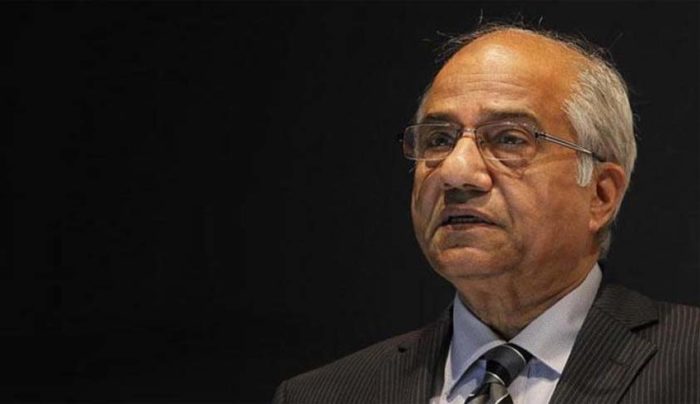The govt. is in process of finalizing an e-commerce policy that will regulate all prices for online companies. So those expecting heavy discounts and online sales, and the companies running their businesses on these strategies are in for a disappointment.

Why is the policy a challenge?
With the new policy to come into action on regulating prices, the online biggies who run their business on offers and discounts will be in a big problem. The entire game of online business runs on beating the prices of both offline stores and competition in the online category. But now as the govt. plans to regulate the price game, how would these online giants market themselves? This could really come as a big blow to all their marketing strategies. But will it affect only the sellers or will the buyers also get affected is yet to be seen? Because today, the consumers benefit from these heavy discounted prices and sales and often these war of giants help consumers gain even more. With the govt. policy coming into action, the consumer might get a standard price everywhere and there would be no luring sales to attract and induce impulsive buying.
Who all would be affected?
This e-commerce policy is not targeted only at online shopping sites like Amazon, Flipkart, and Snapdeal, but also on other online sale oriented platforms like Zomato, Swiggy and Urban Clap and financial advisory services like Policy Bazaar and Bank Bazaar as well. Ola and Uber are also under the radar.
How have these been companies operated at present?

As per official regulations, a complete foreign direct investment is allowed in B2B (business to business) e-commerce, but not in B2C (business to consumer) commerce. Under the rules, large online retail firms were classified as B2B because they were earning commission from the vendors who sold goods and services on their platforms. But currently the online retail giants like Amazon, Snapdeal, Flipkart etc. are following a marketplace model, where they are basically connecting sellers and buyers on an online platform. For a long time, these retail companies have been playing with the rules by setting up subsidiaries that would warehouse goods and the company would cover up as third-party merchants. And even now when the current rules bar the merchants, these companies are playing with the law and bypassing it by buying products only from preferred vendors and earn big chunks of money through the vendor advertisements on their platforms.
What did the committee say?
The draft has proposed that such discount printed pricing should be stopped from a specified date, though the date has not been specified yet.

The draft e-commerce policy, being formulated by the government, will also run alongside the recommendations of the Justice Srikrishna Committee report on data privacy.
“We will come up with a policy that will promote the free flow of business as well as address security and privacy concerns. The policy will be in line with the Srikrishna Committee recommendations,” said Wadhawan, who will take over as Commerce Secretary on August 1.
While the timelines for the same have not been specified, but it’s definitely happening sometime soon is what the secretary indicated. He did say that it would be in the “earlier possible time-frame since we can’t afford to have a vacuum in e-commerce regulation”.
What do you think, will it affect you as a buyer, will it be a better system wherein everyone gets a standard and same price, or do you prefer those big bargain sales?
















